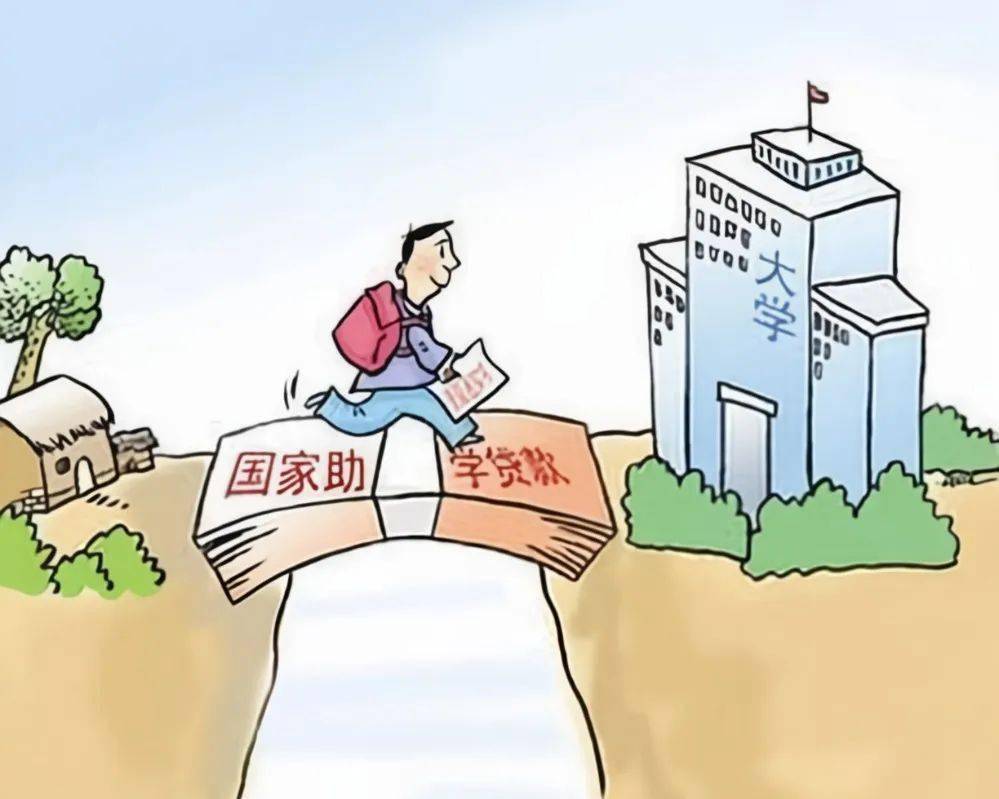
Policies on interest exemption and other matters for student loans during the epidemic
During the COVID-19 epidemic, in order to reduce the financial burden on students from financially disadvantaged families, the national and local governments promptly issued a number of student loan-related policies, the most notable of which were policies on interest exemption and principal repayment deferral. Below is a detailed explanation of these policies:
- Interest exemption policy
Policy content:
In response to the impact of the epidemic on students from families with financial difficulties, the state decided to waive the interest on state student loans that should be repaid within specific years. Taking 2024 as an example, for students with loans who graduated in 2024 and previous years, the interest on national student loans that should be repaid in 2024 will be exempted. This policy effectively reduces the repayment pressure on graduates and helps them tide over difficulties.
Implementation:
The exempted interest will be borne by the central finance and local finance respectively, and will be implemented in accordance with the national student loan interest discount policy.
Students with loans do not need to apply separately, and the sponsoring bank will handle the exemption procedures directly.
- Principal deferred repayment policy
Policy content:
In addition to interest exemptions, the state has also introduced a principal deferred repayment policy. For students with loans who graduate in 2024 and previous years, the principal of the national student loans that should be repaid in 2024 can be deferred for one year upon independent application by the loan students. This policy provides graduates with more time to repay their loans and reduces their repayment pressure.
Implementation:
Students with loans need to submit an application for deferment of repayment to the sponsoring bank.
Deferred loans do not include penalty interest and compound interest, and the risk classification will not be lowered for the time being.
The maximum period of student loans shall not exceed 22 years. After extension, the loan period will be extended accordingly.
- Policy significance and impact
Policy significance:
Alleviating financial pressure: During the epidemic, many students from financially disadvantaged families faced problems such as difficulty in finding jobs and reduced income. The policy of exempting and deferring student loan interest and principal effectively alleviated their financial pressure.
Promote educational equity: By reducing students’ repayment burden, these policies help more students from financially disadvantaged families complete their studies and promote educational equity and social progress.
Enhance social stability: Reducing students’ financial pressure can help reduce social problems caused by economic difficulties and enhance social stability.
Policy implications:
It improves the repayment willingness and ability of loan students and reduces the risk of default.
It promotes the employment and entrepreneurship of college graduates and helps alleviate employment pressure.
It has enhanced social recognition and satisfaction of the student loan policy and improved the policy effect.
- Summary and Outlook
During the COVID-19 epidemic, the timely introduction of student loan interest exemption and principal deferred repayment policies by the national and local governments provided strong support to students from families with financial difficulties. These policies not only alleviate students’ financial pressure, but also promote educational equity and social stability. In the future, as the epidemic situation changes and the economy and society develop, we expect the national and local governments to continue to improve student loan policies and provide support and protection for more students in need. At the same time, we also hope that all sectors of society can pay attention to and support the student loan cause and jointly contribute to building a harmonious society.

